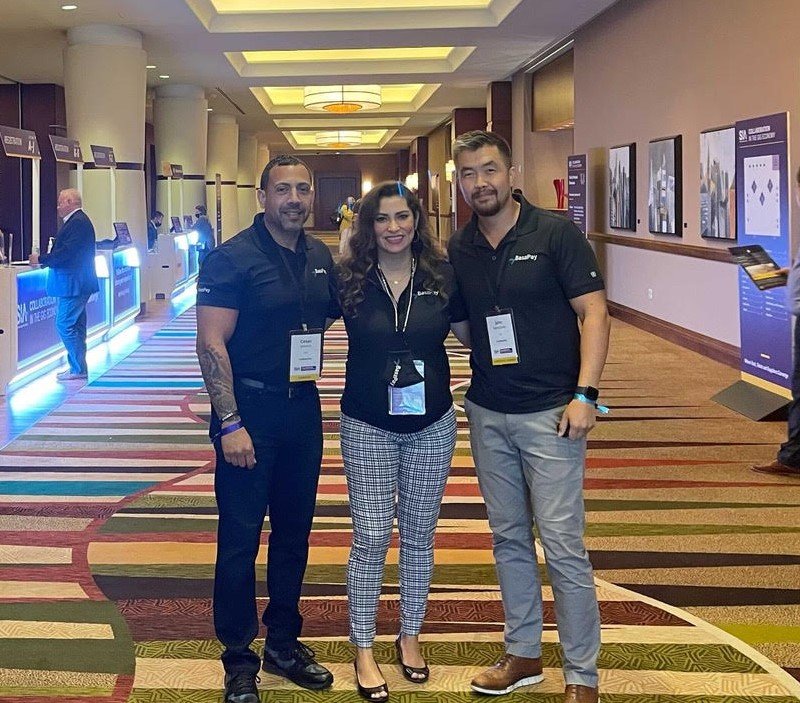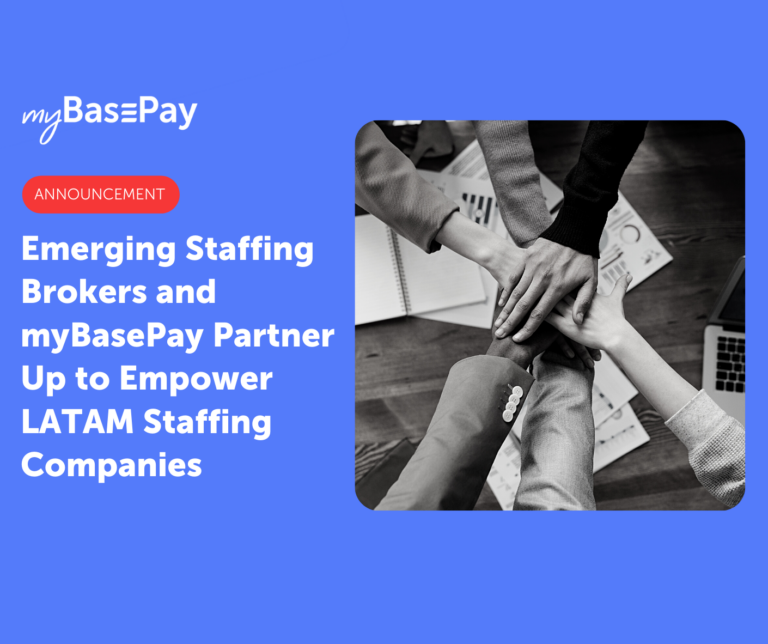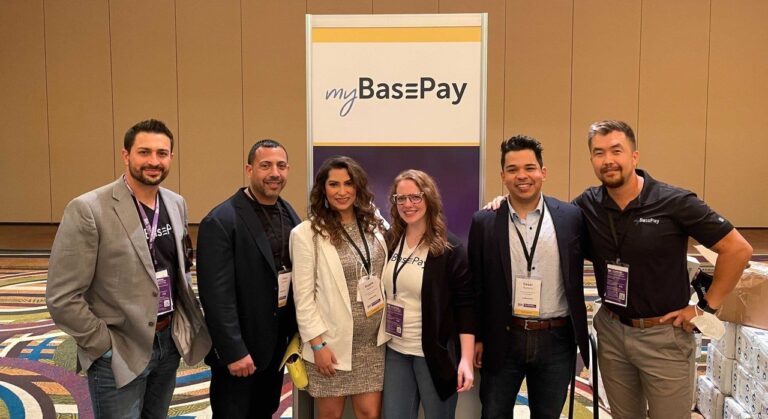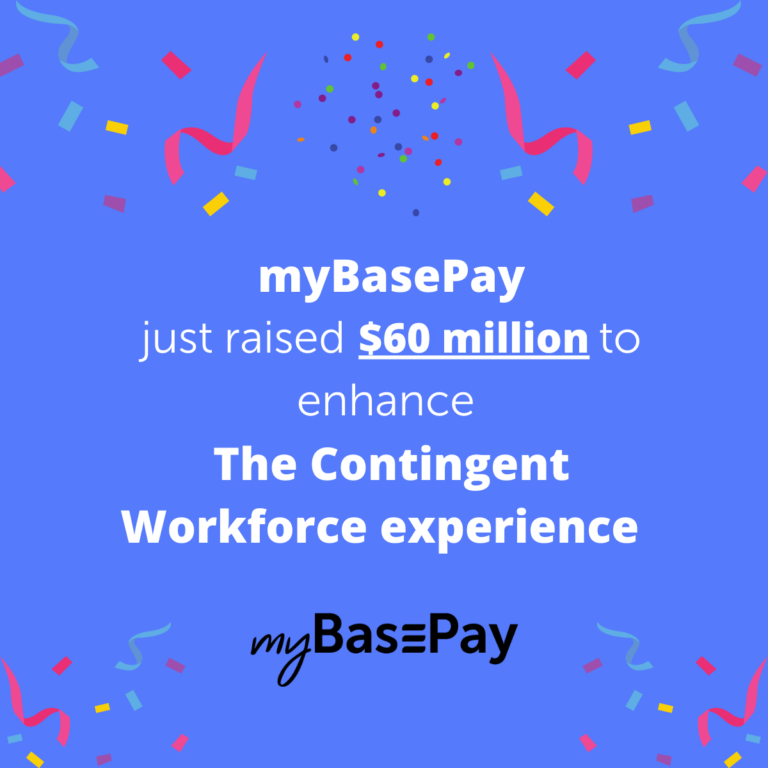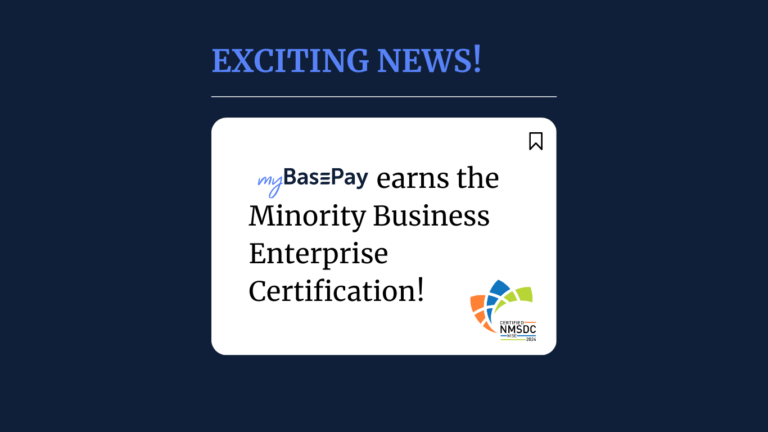Meet MyBasePay: This Startup Will Help Scale The Freelance Revolution
I’m an occasional angel investor in HR tech. One of the factors I look for when considering an investment is the relationship among the founders. There is quite a bit of data that makes the case that co-founding entrepreneurs who stick together generate better business performance than startups where some members of the founding team move on. A piece published by Torch.io reminds us that building a business together isn’t easy; a founding team that remains intact usually means the principals have worked through the kinds of strategic and operating challenges that make them stronger.
But, a recent article from the MIT Sloan School reminds us that two aren’t always better than one, that when founders are unable to agree on where the business is headed, and how to get there, partnerships can turn fraught. As the authors wrote:
“It sounds like two heads should be better than one … Certainly they should have more resources: more human capital, more access to financial capital, bigger networks. But what that tends to ignore — particularly for early-stage ventures — is the extent to which there’s all sorts of social frictions that can occur when there’s more than one individual. To the extent that leads to diversions from productive activities to conflict resolution, the outcome may in fact be quite negative.”
Marital researcher John Gottman has recently been discovered by the startup community for his helpful – and unsurprising – perspective on why some relationships work and others don’t. Successful relationships, called Masters, are positive and generous. They think the best of one another and show it in their behavior both alone and with others. The Disasters, as Gottman calls them, are the reverse: cynical, critical and preparing for a fight.
As one recent article put it, “Gottman can predict with up to 94% certainty whether couples—straight or gay, rich or poor, childless or not—will be broken up, together and unhappy, or together and happy several years later. Much of it comes down to the spirit couples bring to the relationship. Do they bring kindness and generosity or contempt, criticism, and hostility?”
I was thinking of Gottman’s research when I met Cesar Jimenez and Jahn Karsybaev, co-founders and CEO and CTO respectively of MyBasePay.com, an important new freelance management system provider that is growing fast in the US from their base in Florida. While not an investor, I am a fan.
These co-founders are different in many ways: Their ages, where they grew up, went to school, early employment experiences. Cesar is a transplanted New Yorker, Jahn came to the states with his family from Kazakhstan. Cesar came out of Navy service and started at the bottom. He built a successful staffing and staffing services company Prosource IT; Jahn has led tech teams for Fortune 500 companies, went to Harvard, and is an experienced VC. Cesar could sell snow to Santa Claus and then become best friends; Jahn built the tech on which MyBasePay runs. Different, yes. But the partnership works.
MyBasePay, their new venture, is just exiting a stealth period, and the firm has already seen $30m in deals processed. Together with CBO Angela Alberty who joined from People 2.0, they built MyBasePay on the foundation of Jimenez’s ProSource IT, which places freelancers on long-term engagements and provides EOR and other compliance services. But, it came from a realization that the bigger and typically unsolved problem for contract or freelance staffing companies is, as Jimenez explains it, the funding required to provide benefits and access to banking services that are traditionally hard-to-get for 1099 employees and harder still to scale. “What if,” Jimenez and Karsybaev asked themselves, “We took on full-compliance, providing a full range of compliance services to staffing companies, and assumed the funding challenge of creating a better financial experience for their freelancers: income smoothing, PTO, healthcare benefits, and access to credit. Most staffing companies are eager to provide needed (arm’s length) services for their freelancers, but just don’t have the funding ability to offer these benefits at scale.”
Jimenez is honest about the threat his concept faces from fintechs like Payoneer, Stripe, and many smaller neobanks, but believes MyBasePay has an advantage. “We’ve built MyBasePay on the foundation of a staffing company, and we’ve designed our system to take over their headaches. Our advantage is that we aren’t a bank. We are a talent and software company like them, able to offload their problems.” Karsybaev added, “We also remove a big issue for both the staffing company and their corporate customer. Our software cuts the time to get freelancers working, being productive and getting paid.” That’s a big contribution.
The strategic challenge for MyBasePay’s vision is a source of reliable and competitive funding. And, a big boost was given to the team by BMI, a large private insurance company operating in Florida and growing impressively in Latam. BMI (Best Meridian Insurance) agreed to invest as much as $60m in supporting and growing MyBasePay’s business. I was interested in why Jimenez and Karsybaev would give the whole round to one investor. Wasn’t the risk worrisome? Jimenez put it this way: “I guess there’s always risk. But, BMI is a dream partner. They are tough as nails on the financials, but they are really smart, long-term investors with very significant capability to help us grow, and they believe in the space.”
I had a chance to catch up with Andrew Sierra, the COO who took MyBasePay under his wing as an investment, and a son of BMI’s founder. I was interested in his choice of an unusual investment for an insurance company. He put it this way, “We knew Prosource IT through our general counsel, and we were impressed with MyBasePay’s vision and the time they took in stealth getting it right. We’re conservative investors, but tech-savvy. We already use the services so we understand what it takes. And, there’s nothing more conservative than investing in great people who have a track record of building good businesses. When we find a team like that, we know how to put a deal together.”
There’s no doubt that competition is increasing in several respects. More freelance management systems startups. More fintech and neobank startups are marketing their ability to provide funding. And, more corporates and freelancers are considering a shift to direct sourcing rather than working through platforms or staffing agencies. But, in each of these cases, the MyBasePay team is ready and eager to compete and believes their strategic advantage will prove a winner.
I’m eager to hear stories like the MyBasePay – BMI story because it speaks to a growing ecosystem supporting the freelance economy. And, as staffing providers see the potential to broaden the suite of staffing services available, and as insurance companies and other financials see the opportunity for long-term investment in freelancing, it makes the freelance revolution that much broader and deeper, and that much more exciting.
Viva la revolution!
Author: Jon Younger
HR thought leader, author, teacher, and early-stage investor. Writing about the freelance revolution and the future of work. Books include HR From the Outside In, HR Transformation, and Agile Talent. Follow me on Twitter @jon_younger, and check my Linkedin page for new articles.
